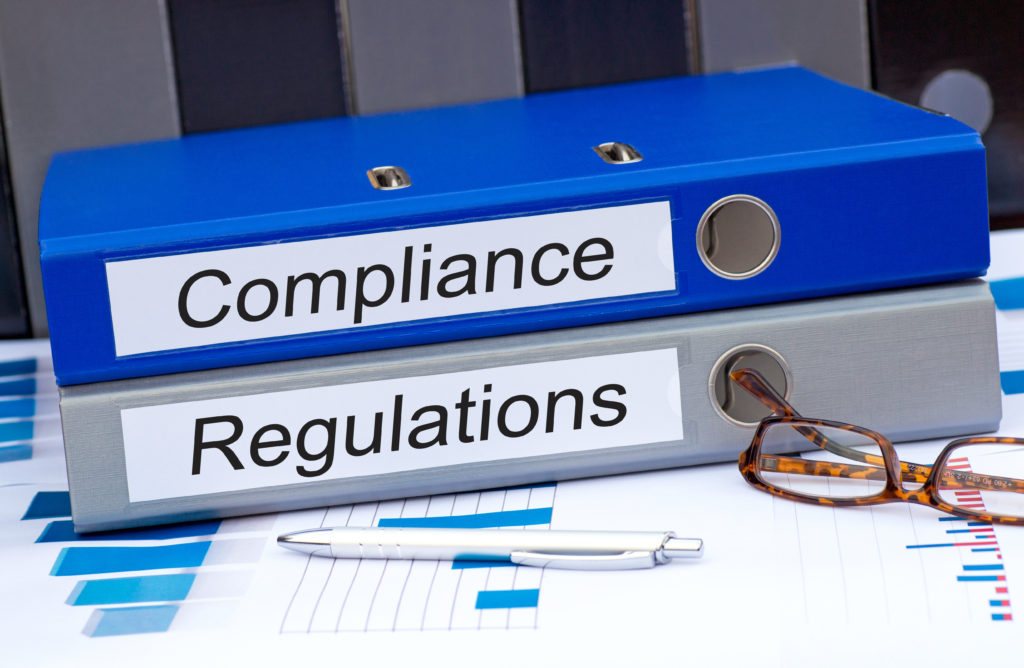Firm Blog Postings

Corporate Transparency Act And The Reporting Requirements For All Entities With U.S. Operations
Each year more than two million corporations and limited liability companies (LLCs) are formed under state law. Most, if not all, states do not require any identifying information about the beneficial owners of these corporations and LLCs. Fraudsters often take advantage of this anonymity by using these entities to facilitate illicit activity such as money laundering, securities fraud, and tax fraud. Other criminal actors use corporations and LLCs to finance terrorism and to facilitate human and drug trafficking, piracy, and acts of foreign corruption.
This past January, Congress passed the Corporate Transparency Act, which requires extensive reporting requirements on most entities’ beneficial owners formed in the United States. Of course, the primary purpose of the Act is to combat illegal activities and provide greater transparency. The Act primarily applies to foreign-owned shell companies.
So, Which Entities are Impacted?
The Act imposes beneficial ownership reporting requirements on all reporting entities. A reporting entity is a corporation, LLC, or similar entities formed under state law or laws of an Indian tribe. Also, any corporation, LLC, or similar business formed outside of the United States but registered to do business in the U.S., a state, or under laws of an Indian tribe. Interestingly, the Act does not explicitly name other entities such as partnerships and trusts.
The Act explicitly excludes certain entities within regulated industries such as insurance companies, exchanges or clearing agencies, investment companies, public accounting firms, public utilities, pooled investment vehicles, 501( c ) non-profit organizations, banks, credit unions, and registered money transmitting businesses. An exception is also allowed for any entity with a physical presence in the United States that employs more than 20 full-time employees and has more than $5 million in gross receipts or sales.
All reporting entities are required to disclose the U.S. Treasury Department’s Financial Crimes Enforcement Network (“FinCEN”) information about the entity’s beneficial owners. The Act defines a beneficial owner broadly to include any individual who directly or indirectly, through any contract, arrangement, understanding, relationship, or otherwise:
- Exercise substantial control over the entity; or
- Owns or controls not less than 25-percent of the ownership interests of the entity.
Minors, creditors, any nominee, intermediary, custodian, or an agent acting on behalf of another individual, individuals working solely as employees, and individuals whose only interest in a reporting entity is through a right of inheritance do not qualify as beneficial owners.
Okay, So the Reporting Requirements are?
The reporting entity must submit a report to the Director of FinCEN that included the following information about each beneficial owner:
- Full legal name
- Date of birth
- Current residential or business street address
- Identification number from an acceptable identification document (i.e., an unexpired passport, driver’s license number, or other identification document issued by a state, local government, or Indian tribe.) or a FinCEN identifier requested from FinCEN upon submission of the Beneficial owner’s above information.
If any of the information in items one through four above changes, the reporting entity must file an updated report with FinCEN within one year of such changes.
What Else Do I Need to Know?
The reporting requirements do not become law until the effective date of any corresponding regulations, which shall be promulgated not later than January 1, 2022. However, the Act clarifies that each reporting entity, regardless of when it was formed or registered in the U.S., must nevertheless submit the required beneficial information to FinCEN. Suppose a reporting entity was (or is) started before the effective date of the regulations. In that case, the reporting entity must submit a report within two years of the regulations’ effective date. If the entity forms after the rules are issued, then the information must be submitted to FinCEN at the time of formation or registration. Non-compliance with the Act may result in penalties of up to $10,000 and imprisonment of up to two years.
Finally, the beneficial ownership information submitted to FinCEN is sensitive and will be directly available only to authorized government authorities subject to safeguards and controls. Therefore, the beneficial ownership information may just be released upon following appropriate protocols to federal agencies engaged in national security, intelligence, or law enforcement activity; state, local, or tribal law enforcement agencies upon court order. Also, federal agencies on behalf of a foreign agency, prosecutor, or judge under an international treaty or agreement, financial institutions subject to customer due diligence requirements, upon the reporting company’s consent, and federal functional regulators.
